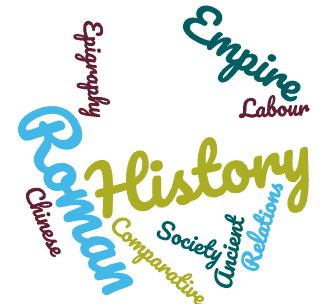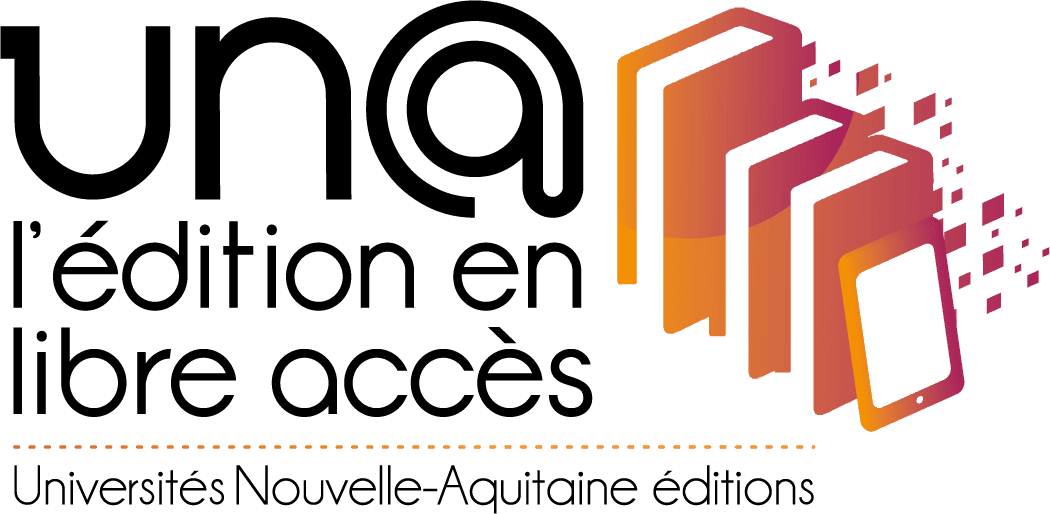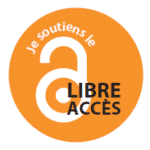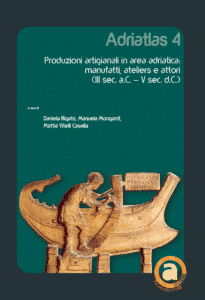UN@ est une plateforme d'édition de livres numériques pour les presses universitaires de Nouvelle-Aquitaine
Auteur : Alessandro Cristofori

Dipartimento di Storia Culture Civiltà
Sezione di Storia Antica,
via Zamboni 38,
I-40126 Bologna (Italia)
alessandro.cristofori@unibo.it
0000-0002-9434-6285

Sezione di Storia Antica,
via Zamboni 38,
I-40126 Bologna (Italia)
alessandro.cristofori@unibo.it
0000-0002-9434-6285

Alessandro Cristofori is associate professor at the University of Bologna since September 2014. His teaching and research activity are in the field of Roman History. His interests focus particularly on the social history of the Roman world, on new digital tools for teaching and research in Ancient History, and, more recently, on the comparison between the Roman Empire and the ancient Chinese Empire.
He is graduated in History (Ancient History) at the University of Bologna, discussing on November 18, 1986 a thesis in Roman History on the project of colonization of Africa by Caius Gracchus. After being admitted to the PhD program In Ancient History (IV cycle) at the University of Rome « La Sapienza », he obtained a Ph.D. on 24 June 1992, submitting a final dissertation on the Roman province of Africa and its administrators in the Republican age.
In the academic year 1992/93 he won a post-doctoral degree from the University of Bologna on a research program on “Egyptians and Alexandrians in the Roman Empire: personal and social status”.
In the following years he had several contract assignments for teaching and research at the University of Bologna, the University of Udine and especially the University of Modena and Reggio Emilia.
In 2001 he won a qualification as associate professor in Roman History by the University of Catania. Following this qualification, in December 2004 he began to serve as associate professor of Roman History at the Faculty of Humanities and Philosophy (now Department of Humanities) of the University of Calabria where, after being confirmed in the role in September 2008, he stayed until August 2014.
Starting from September 1, 2014, after winning the competition by the University of Bologna, he began to serve in the Department of History, Culture and Civilizations of the University of Bologna, always as associate professor of Roman History.
He currently have the teaching responsibility of the course of Roman History (I level degrees in History, in Philosophy and in Anthropology, oriental religions and civilizations), Rome and the Universal (II level degrees in History and oriental studies, in Archeology and culture of the ancient world, in Italian studies, european literary cultures, linguistics), Social History of the Ancient World (II level degree in History and oriental studies) and History of the Roman Empire (II level degrees in History and oriental studies, in Cultural anthropology and ethnology, in Archeology and cultures of the ancient world and in Philology, literature and classical tradition).
References
La documentazione, “Storia del lavoro in Italia. L’età romana. Liberi, semiliberi e schiavi in una società premoderna”, a cura di A. Marcone, Roma 2016, pp. 35-76.
Lavoro e identità sociale, “Storia del lavoro in Italia. L’età romana. Liberi, semiliberi e schiavi in una società premoderna”, a cura di A. Marcone, Roma 2016, pp. 149-174.
With C. Salvaterra, Twentieth-Century Italian Scholarship on Roman Craftsmen, Traders and their Professional Organizations, “Urban Craftsmen and Traders in the Roman World»”, a cura di A. Wilson – M. Flohr, Oxford 2016, pp. 55-76.
Le fonti per la storia antica nel web, “La storia antica. Metodi e fonti per lo studio”, a cura di G. Poma, Bologna, Il Mulino, 2016, pp. 309-324.
La Repubblica di Roma dalle origini ai Gracchi, “Storia romana. Editio maior”, a cura di G. Geraci – A. Marcone, Firenze 2017, pp. 53-183.
La gestione politica delle opere pubbliche nella città romana: i curatores operum publicorum, “Spazi pubblici e dimensione politica nella città romana: funzioni, strutture, utilizzazione – Espaces publics et dimension politique dans la ville romaine: fonctions, aménagements, utilisations”, a cura di C. Franceschelli – P.L. Dall’Aglio – L. Lamoine, Bologna 2017, pp. 75-102.
Le attività lavorative nei Matheseos libri octo di Firmico Materno, «Lavoro, lavoratori e dinamiche sociali a Roma antica. Persistenze e trasformazioni. Atti delle giornate di studio (Roma Tre 25-26 maggio 2017)», Roma 2018, pp. 28-54.
Lavoro libero e lavoro non libero nel mondo romano: quale libertà?, “Libertà e coercizione: il lavoro in una prospettiva di lungo period”, a cura di G. Bonazza – G. Ongaro, Palermo 2018, pp. 1-36.
With C. Salvaterra, Da Mutina a Locri: presenze di militari allogeni nella Calabria di età romana, “Philobiblos. Scritti in onore di Giovanni Geraci”, a cura di A. Bencivenni – A. Cristofori – F. Muccioli – C. Salvaterra, Milano 2019, pp. 247-280
Nell’introdurre la tematica che mi propongo di svolgere in questo contributo mi pare opportuno soffermarmi preliminarmente sui limiti geografici di questa indagine, che risentono di una certa ambiguità, data dalla stessa definizione di Umbria adriatica. Ci occuperemo qui di quei centri della regio VI – Umbria posti sul versante orientale, dunque sul versante adriatico, rispetto allo spartiacque appenninico.


